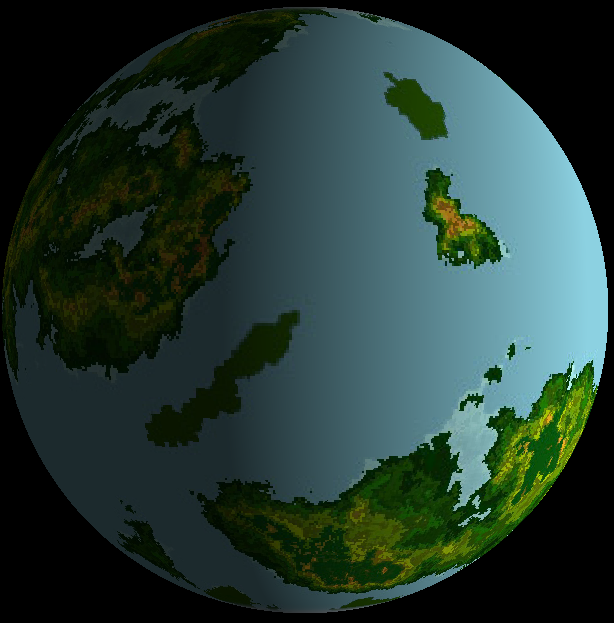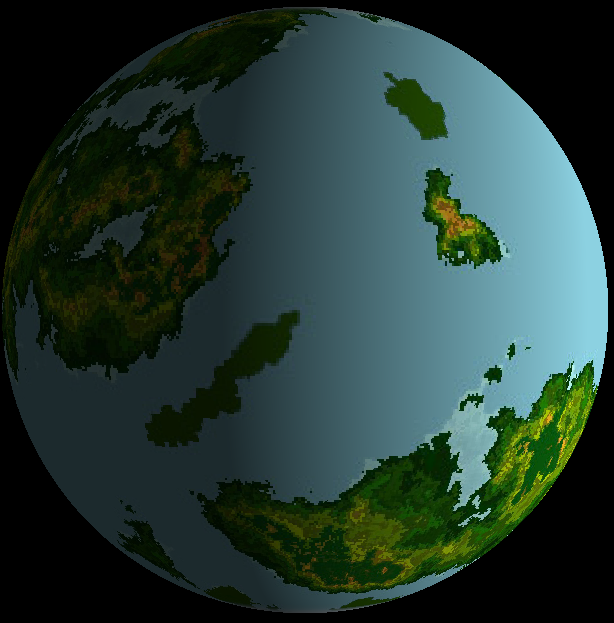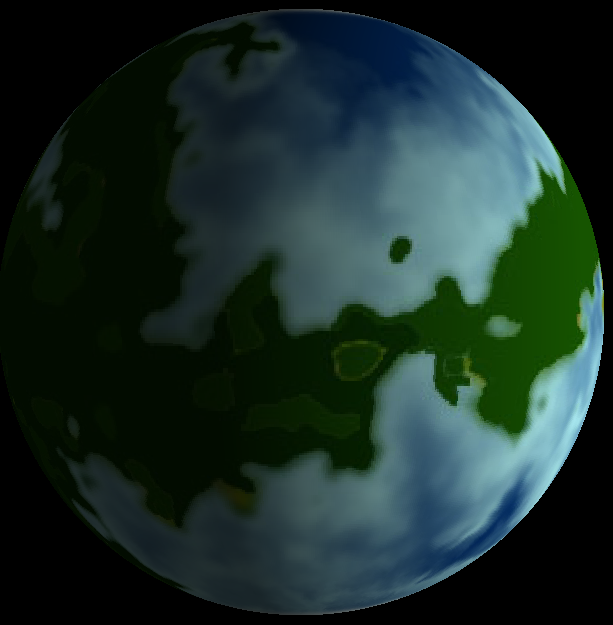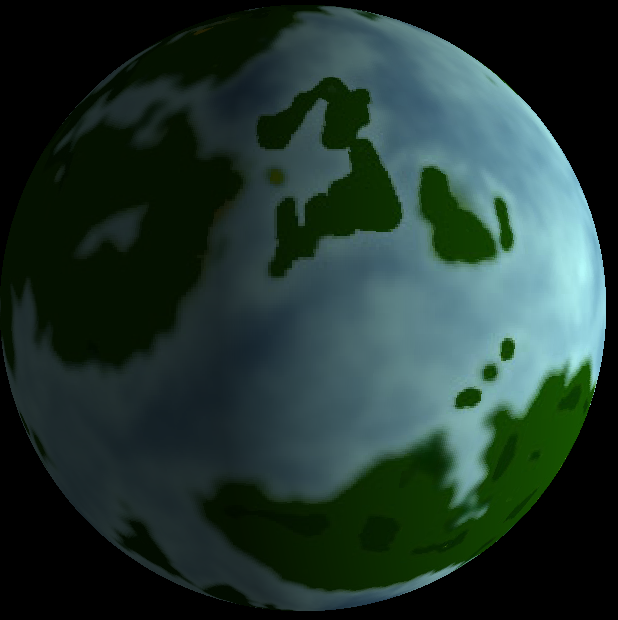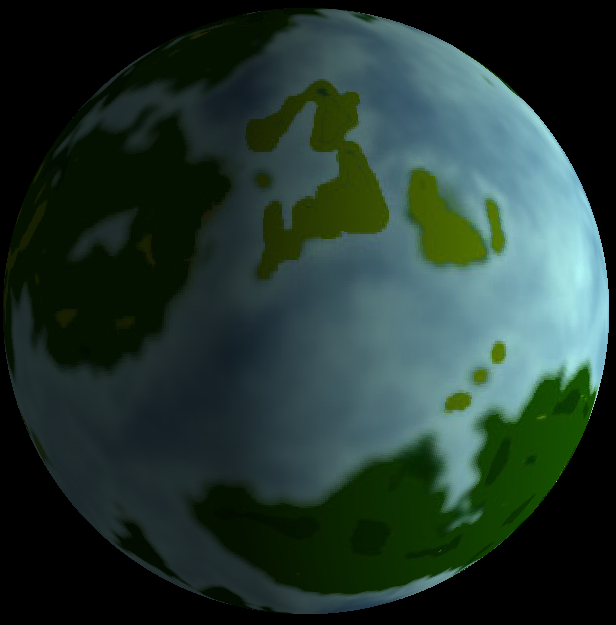GJ 273 b is located 12.4 light-years (3.80 parsecs) from our solar system and was discovered in 2017 orbiting its host star GJ 273. The apparent magnitude of the host star is 9.9 and the absolute magnitude is 12.0. GJ 273 is about 0.3 the mass of our sun and has about 0.3 the radius. Its surface temperature is 3382 K and is a spectral M3.5 type star. The planet GJ 273 b orbits the star every 18.6 days, it’s orbital radius is 0.09 SEAU.
GJ 273, also known as Luyten’s Star, is a red dwarf located 12.4 light years away in the Canis Minor constellation. GJ 273 is a small and dark star, slowly consuming fuel for nuclear fusion reactions; its radius and mass are both about 0.3 times smaller than the Sun’s, and its surface temperature is about 3,000 degrees C, lower than the Sun’s surface temperature of about 6,000 degrees C.
Observations of the star GJ 273 with the HARPS spectrograph over a period of 14 years, starting in 2003, revealed that it has two planets. GJ 273 b has an orbital period of about 19 days and is around three times as massive as the Earth. (The distance between the Earth and the Sun is 1 AU.) Looking at GJ 273’s size and temperature, it is possible that liquid water may exist on the surface of GJ 273 b and there could be a possibility of life.
GJ 273 b is the second closest planet to Earth that is thought to be habitable, after Proxima Centauri b. It would take only 25 years for radio communication to reach the Earth. This is why there is a project called “Sónar Calling GJ 273 b” which transmits music from Earth. The music signal, which was transmitted in October 2017 from the antennas of the EISCAT Scientific Association in Norway, will reach GJ 273 b on March 11, 2030. It would be amazing if an intelligent creature from GJ 273 b could hear the radio waves from Earth and enjoy the music.
(文責 大山航 木村なみ)
Refrences:
(1)The HARPS search for southern extra-solar planets XLI. A dozen planets around the M dwarfs GJ3138, GJ3323, GJ273, GJ268, and GJ3293
N. Astudillo-Defru1,2, T. Forveille2, X. Bonfils2, D.S'egransan1, F.Bouchy1, X. Delfosse2, C Lovis1, M. Mayor1, F. Murgas2, F. Pepel1, N.C. Santos3,4 S Udry1, A.Wunsche2
(2) http://phl.upr.edu/projects/habitable-exoplanets-catalog
(3) exokyoto
(4) https://www.sonarcalling.com/en/
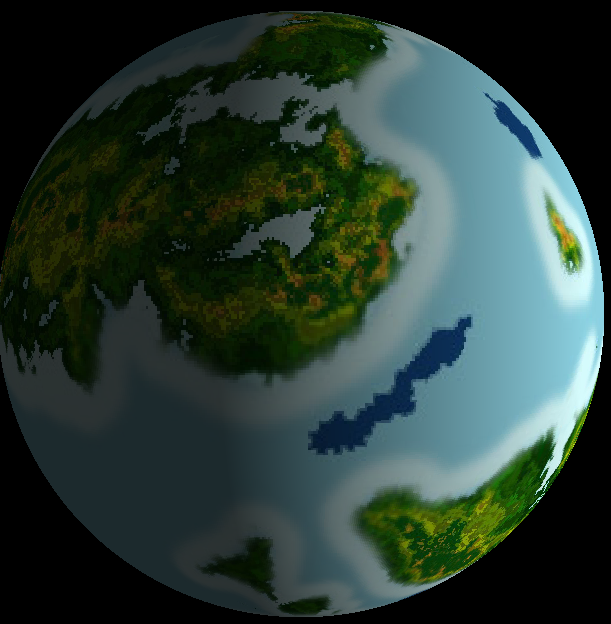
For more information about GJ 273 b, please visit the ExoKyoto Database:
http://www.exoplanetkyoto.org/exohtml/GJ_273_bJP.html
